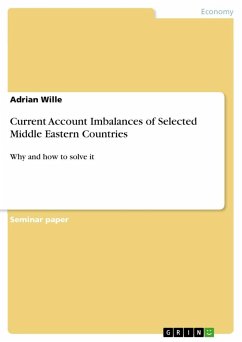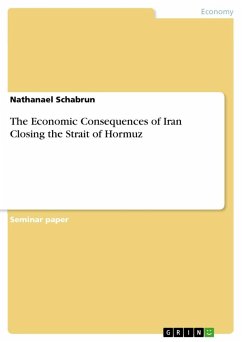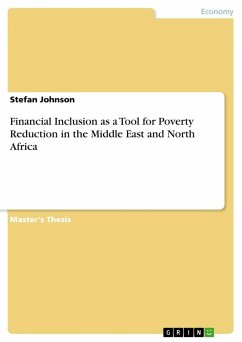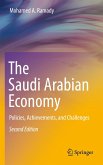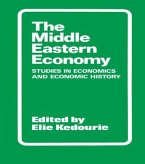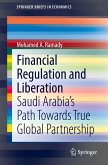Seminar paper from the year 2011 in the subject Economics - Finance, grade: 1,0, Friedrich-Alexander University Erlangen-Nuremberg, course: The Middle East in the World Economy, language: English, abstract: Discussions on global economic imbalances and adjustment have become highly valued and popular nowadays. The worldwide financial crisis, European crisis and China's rise to an economic world ower have particularly brought these issues to light. China is thought to boost its exports through an artificial low exchange rate, Germany is accused of profiting from the common European currency and money policy through high competiveness and the USA is blamed for financing its excessive consumption through unsustainable foreign debt. Notable cases are also found in the Middle East. Above all, attention must be paid to the antagonism toward oil exporting and non-oil exporting countries. Their different economic structures are often the primary cause of current account imbalances. Hence, this paper focuses on the examination of two Middle Eastern countries: Lebanon and Saudi-Arabia. Lebanon is a small oil-importing country with a diverse population that experienced a period of intense European influence and which has been regularly confronted with regionalconflicts. Saudi-Arabia is a major regional power and oil-exporting country, whose politics emerge from a strictly conservative Islamic ideology. Primary attention is paid to the current accounts of the two countries. The purpose of this paper is to examine the causes of the current account imbalances and to propose strategies to adjust these imbalances. Chapter 1 deals with Lebanon's current account deficit and traces it back, on the one hand, to a negative trade balance, which derived from its historically weak industry sector, caused by low productivity. On the other hand, Lebanon experiences a high twin deficit thatfurther supports this imbalance. Chapter 2 analyzes Saudi-Arabia's current account surplus, which is caused by enormous oil-exports and further revenues from temporary high oil prices. Subtracting the oil sector, negative structural effects of this rentier-system become apparent; they cause a theoretical current account deficit. Examples are the outflow of workers' remittances and a blown-up public sector. Each of these two chapters concludes with aproposed solution containing strategies to overcome these imbalances and to create sustainable economic development. Chapter 3 sums up the results.
Hinweis: Dieser Artikel kann nur an eine deutsche Lieferadresse ausgeliefert werden.
Hinweis: Dieser Artikel kann nur an eine deutsche Lieferadresse ausgeliefert werden.

